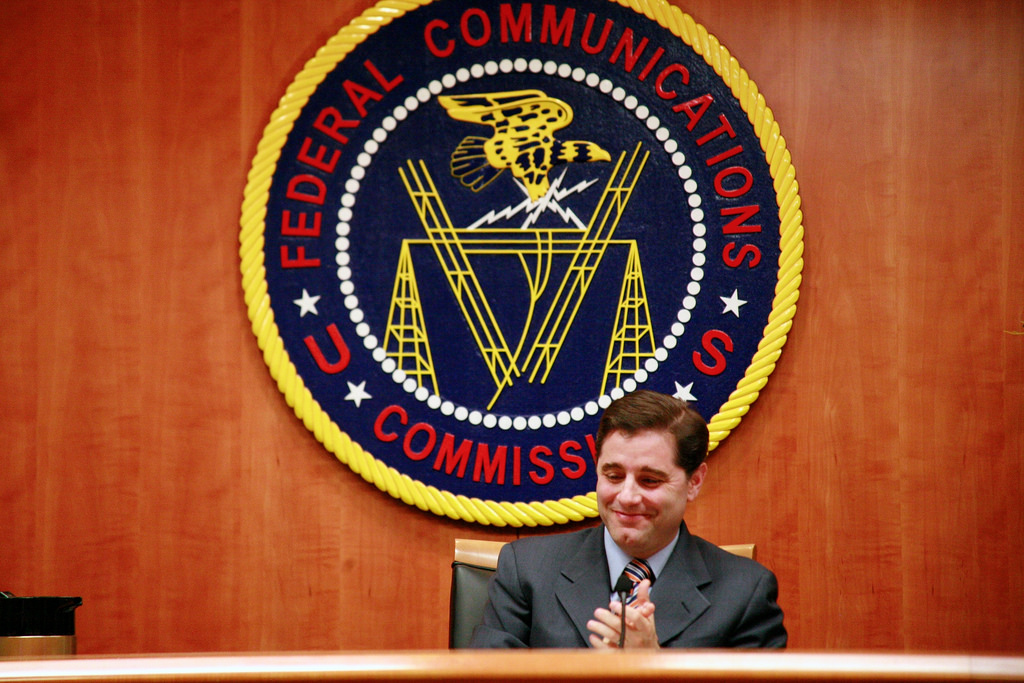Internet Association to intervene in Net Neutrality lawsuits against FCC
Internet Association argued that without the net neutrality rules, internet companies and consumers will have no effective legal recourse against broadband providers that distort competition.

- Country:
- United States
The trade association representing major internet firms like Google, Facebook and Netflix are seeking to intervene in a host of lawsuits filed against the FCC after it repealed most of its net neutrality rules.
In a petition filed on Thursday, the Internet Association argued that without the net neutrality rules, "internet companies and consumers will have no effective legal recourse against broadband providers that distort competition and impede communication by preventing or discouraging consumers from reaching the online content of their choice. This is particularly problematic given that nearly half of Americans have no choice of wireline provider for high-speed broadband service."
An intervener is a party that seeks join litigation because it will be impacted by the outcome. The Internet Association announced earlier this year that it planned to intervene in the lawsuits, but not participate as one of the original plaintiffs.
A number of companies, public interest groups, and state governments are challenging the FCC's repeal in court, seeking to restore a set of net neutrality rules that prohibit internet providers from blocking or throttling content, or from selling "fast lanes" of traffic so websites can get speedier access to consumers.
The FCC voted 3-2 in December to repeal most of the rules. It left in place regulation that requires that internet providers disclose how they manage web traffic, and enhanced some provisions so that ISPs have to more explicitly say when they have blocked or throttled traffic, or when they have prioritized content for payment.
In its brief, filed in the 9th Circuit Court of Appeals, the Internet Association said that "today's consumers rely heavily on both wired and wireless broadband subscriptions and expect to be able to access the same content and services no matter how they connect. Even with the disclosures required by the Order, it may not be apparent to consumers that broadband providers slow or degrade access to certain services. Consumers may be understandably frustrated when their video, gaming or other service providers cannot solve the problem."
Last week, industry groups that support the FCC's action also filed motions to intervene, including US Telecom, NCTA -- the Internet & Television Association and CTIA -- the Wireless Association. They argue that the FCC's actions were warranted because the previous rules were stifling investment and were a regulatory overreach.
On March 15, the 9th Circuit consolidated 15 different challenges to the FCC's action. They had been filed by the state of New York, Free Press, Santa Clara County, Mozilla, Public Knowledge, the National Hispanic Media Coalition, Vimeo and the California Public Utilities Commission, among others.
(This story has not been edited by Devdiscourse staff and is auto-generated from a syndicated feed.)










